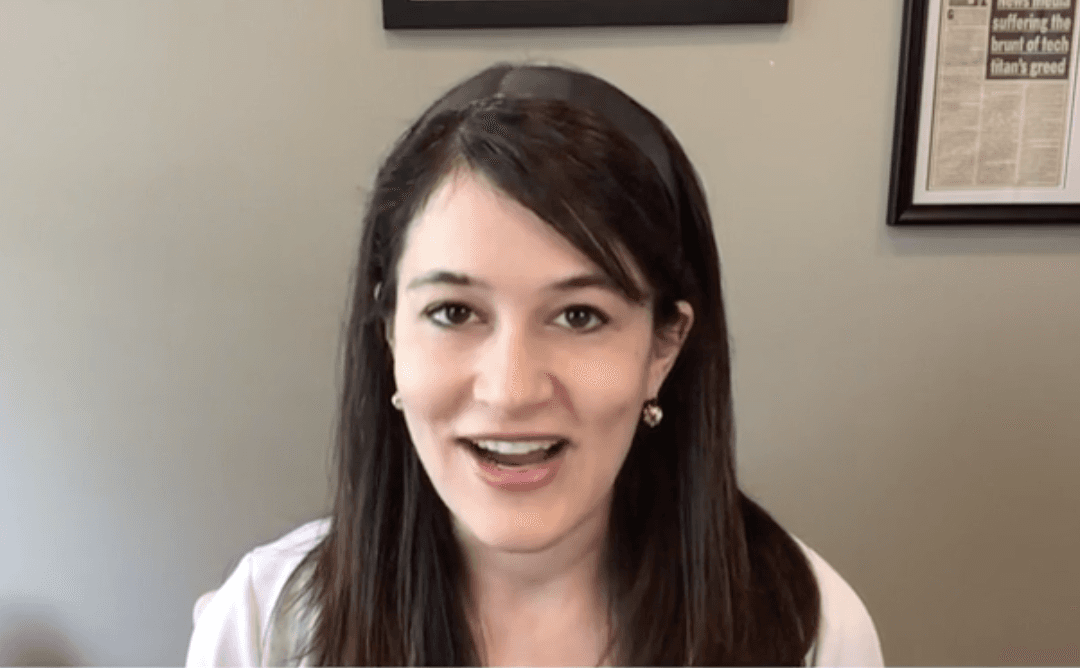Section 230 is a part of the Communication Decency Act, which has shielded Big Tech from accountability and censorship. U.S. lawmakers have been debating reforms to laws that govern Big Tech to allow for more transparency and fairness.
Despite Tesla founder Elon Musk’s attempts to buy Twitter and his pledge to honor the First Amendment, Rachel Bovard, senior tech columnist at The Federalist, said reforms still need to be made to laws, including Section 230, that govern the “massive behemoths that now control the entry points to our national discourse.”






